Directed by Mirai Minato, ‘Masamune-kun No Revenge‘ is a 2017 romantic comedy anime following the story of Masamune Makabe, a plump teenager who shares a close bond with Aki Adagaki, an affluent and attractive girl. Unfortunately, their relationship takes a bitter turn when Aki heartlessly spurns Masamune and even bestows upon him the hurtful moniker. Motivated by a desire for retribution, Masamune undergoes a profound transformation.
Masamune adopts a new identity. He dedicates himself to a rigorous training regimen and diet, sculpting his physique. Well, if you are on the prowl for more shows like ‘Masamune-kun No Revenge’, you can explore these similar options.
8. My Senpai is Annoying (2021)
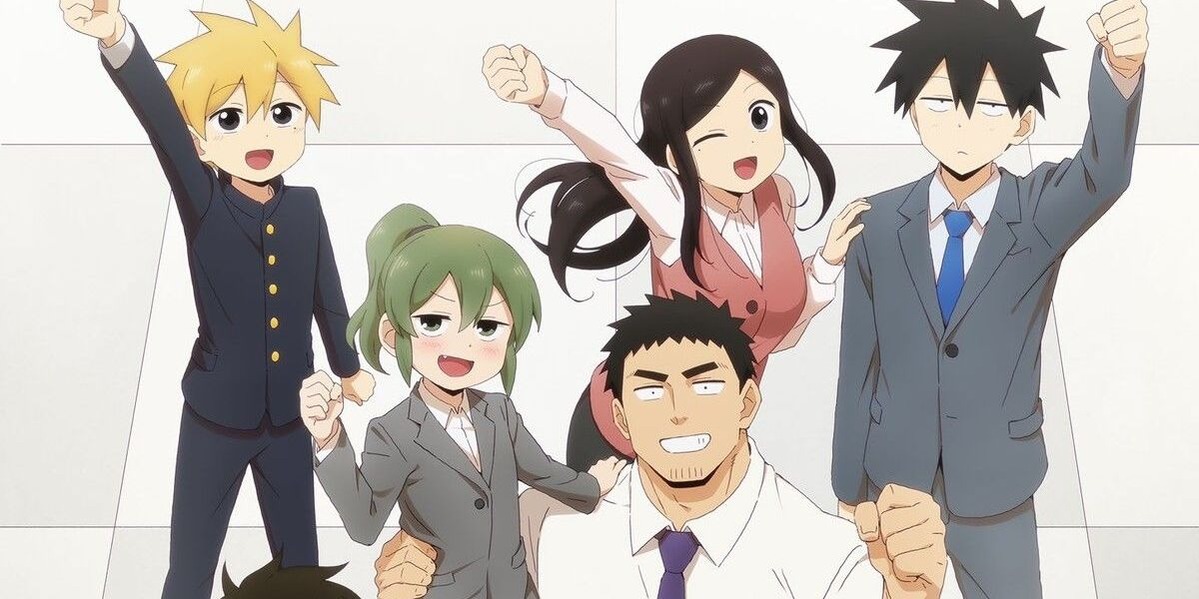
Ryota Itoh’s ‘My Senpai is Annoying‘ centers on Igarashi Futaba, a diligent and responsible office worker, and her senpai, Harumi Takeda, who can be both annoying and caring in his playful demeanor. Despite initial irritation with Harumi’s constant teasing, Futaba gradually uncovers a different, more endearing side to him, leading to a budding romance. The anime expertly balances humor, heartwarming moments, and the gradual progression of their relationship, making it a delightful watch for enthusiasts of the genre.
In a similar vein to ‘Masamune-kun No Revenge,’ ‘My Senpai is Annoying’ delves into the dynamics of a relationship, this time within a workplace setting. Both series skillfully portray the growth of emotions and understanding between characters who possess distinct personalities. Futaba’s struggle with evolving feelings for Harumi in ‘My Senpai is Annoying’ mirrors the theme of changing emotions that is prevalent in ‘Masamune-kun No Revenge.’
7. Kimi no Iru Machi (2013)
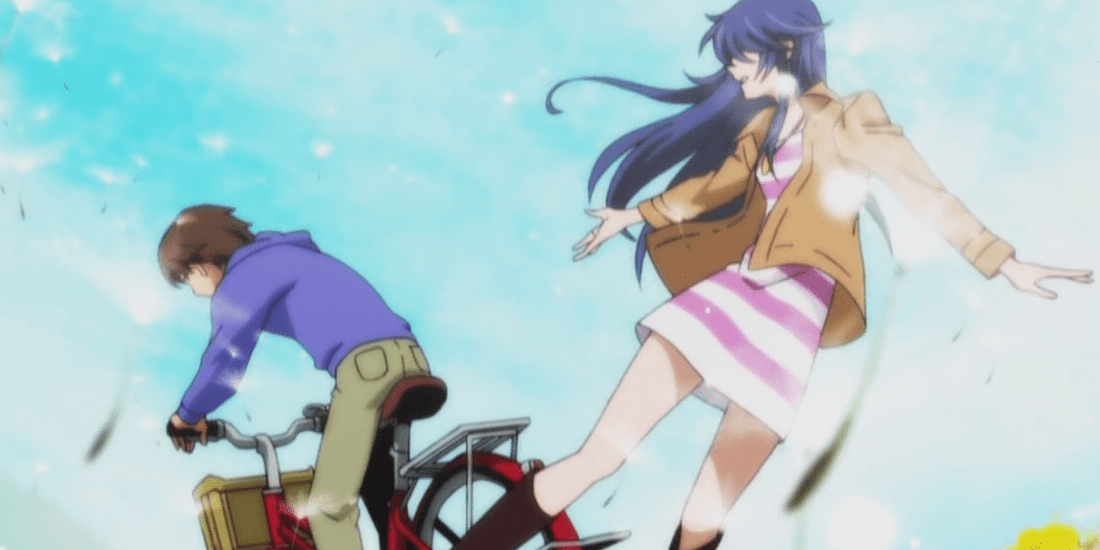
Shigeyasu Yamauchi’s ‘Kimi no Iru Machi’ unfolds as a compelling romantic drama, delving into the themes of love, distance, and the passage to adulthood. The narrative follows Haruto Kirishima, a young man from a rural town who relocates to Tokyo to chase his aspirations. There, he forges a deep connection with Yuzuki Eba, a high school girl who unexpectedly comes to live with him. Their journey unravels the intricacies of long-distance relationships, individual aspirations, and the trials of young love.
Much like ‘Masamune-kun No Revenge,’ ‘Kimi no Iru Machi’ encapsulates a story of romantic relationships and the hurdles faced by its characters. In both anime series, characters grapple with the rollercoaster of love, contending with misunderstandings, yearnings, and personal growth. Furthermore, both anime explore the theme of pursuing individual dreams while navigating the complexities of romance, portraying the challenges and triumphs of young adulthood.
6. Boku wa Tomodachi ga Sukunai (2011)
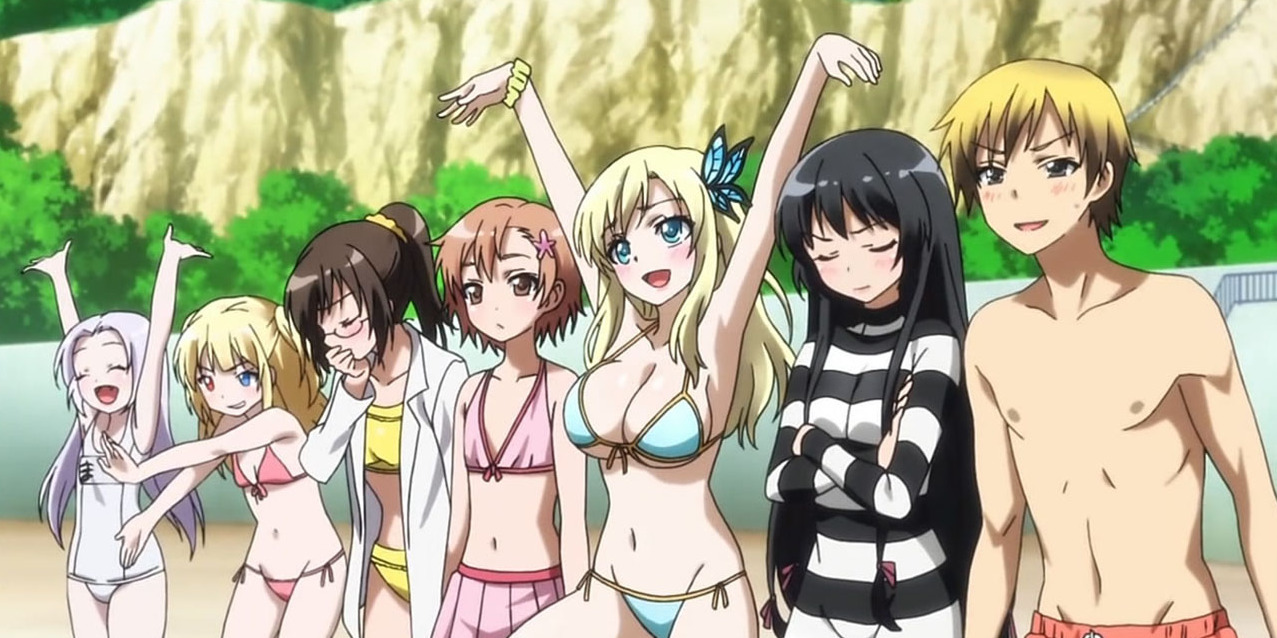
Hisashi Saitō’s ‘Boku wa Tomodachi ga Sukunai’ follows the narrative of Kodaka Hasegawa, a high school student with an intimidating appearance that makes it challenging for him to make friends. He strikes up an unlikely friendship with Yozora Mikazuki, a sharp-tongued and solitary girl. Their camaraderie leads them to establish a club aimed at forming connections, giving rise to the Neighbor’s Club and the unearthing of companionship within a group of societal outliers.
Both ‘Masamune-kun No Revenge’ and ‘Boku wa Tomodachi ga Sukunai’ explore the theme of cultivating relationships within a school environment. In both series, characters grapple with social interactions and aspire to bridge the divide between themselves and their peers. While ‘Masamune-kun No Revenge’ emphasizes romantic entanglements, ‘Boku wa Tomodachi ga Sukunai’ centers on the value of friendship and the journey of finding one’s niche among friends.
5. Oreshura (2013)
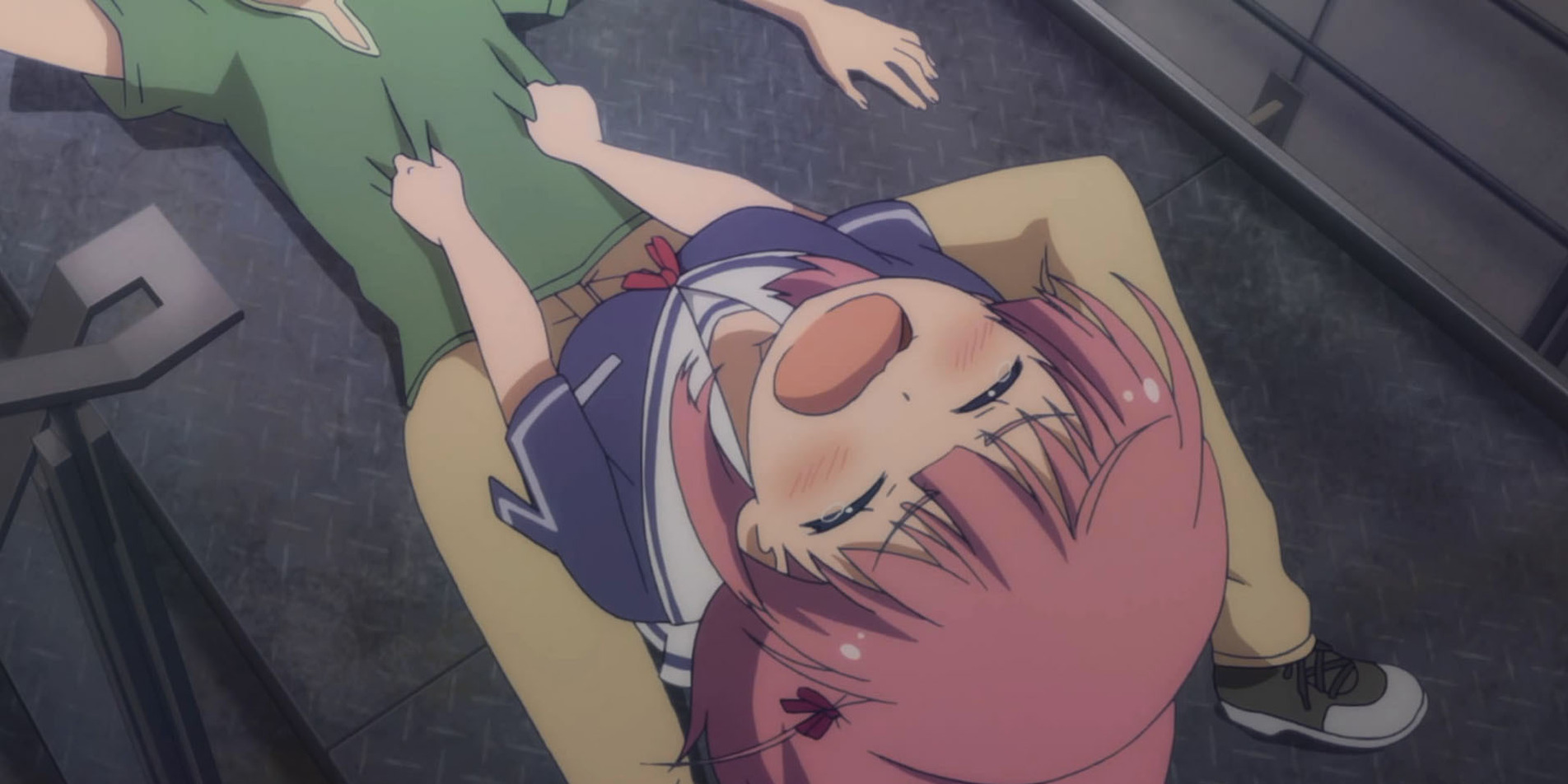
‘Oreshura’ is a 2013 romantic comedy directed by Kanta Kamei. The anime series orbits around Eita Kidou, a studious high schooler with dreams of medical school. His focus is entirely on academics, aiming to steer clear of distractions, particularly romantic ones. However, Eita’s plans take a tumble when the school’s beauty, Masuzu Natsukawa, uncovers his popular past from middle school. In a twist of fate, she blackmails Eita into being her pretend boyfriend to fend off potential suitors. This sets off a chain of chaotic events as Eita finds himself ensnared in a complicated web of relationships.
Similar to ‘Masamune-kun No Revenge,’ ‘Oreshura’ unfolds with a facade of a romantic relationship at its core, paving the way for a delightful blend of romance and comedy. Moreover, both ‘Masamune-kun No Revenge’ and ‘Oreshura’ series delve into the theme of navigating relationships and self-discovery within a school setting. As the charade continues, genuine feelings and genuine connections slowly unravel, making the story all the more interesting.
4. Wolf Girl & Black Prince (2014)
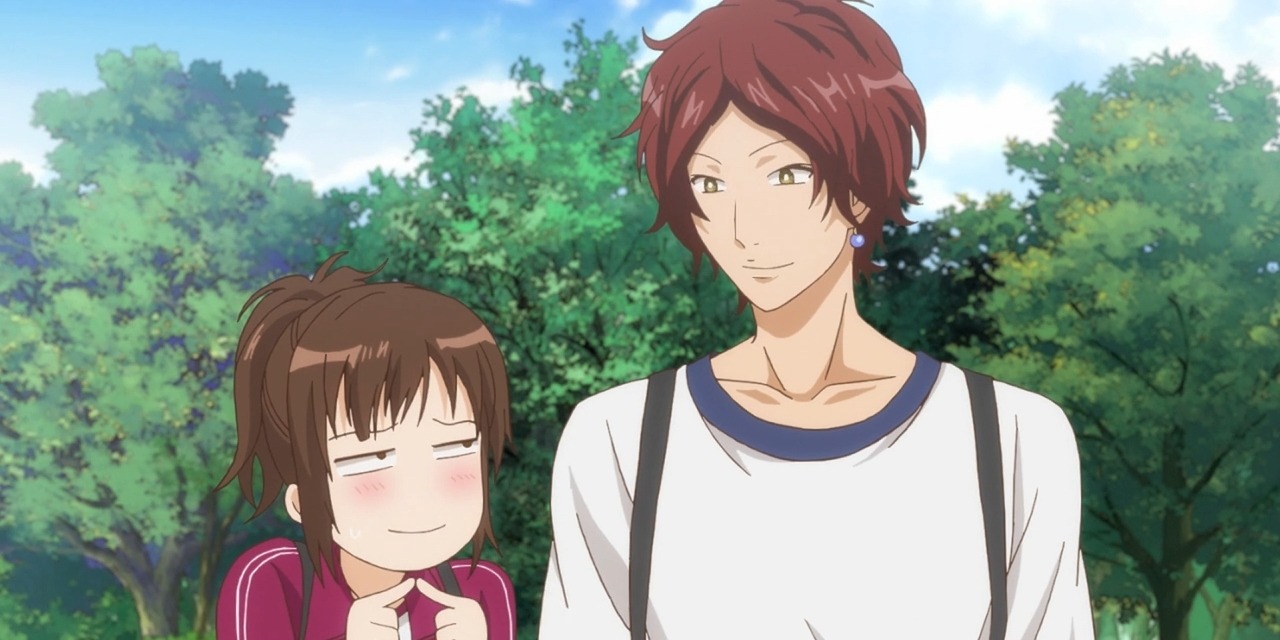
Originally titled ‘Ōkami Shōjo to Kuro Ōji,’ Ryūichi Hiroki’s ‘Wolf Girl & Black Prince’ presents a unique twist on the fake relationship trope within the romantic comedy genre. The story follows Erika Shinohara, a high school girl yearning for social acceptance, who invents a boyfriend by showcasing a photo of an attractive stranger. In order to sustain this ruse, she convinces Kyoya Sata, a popular yet aloof classmate, to play the role of her boyfriend. However, Kyoya consents with a stipulation – Erika must adopt the role of his “dog” and comply with his directives to maintain the charade.
Both ‘Masamune-kun No Revenge’ and ‘Wolf Girl & Black Prince’ explore the dynamics of a deceptive facade within a romantic relationship. In both series, characters assume false identities to uphold appearances. These narratives delve into the complexities that stem from such deceptions, ultimately underscoring the significance of honesty in relationships.
3. Nisekoi (2014-2015)
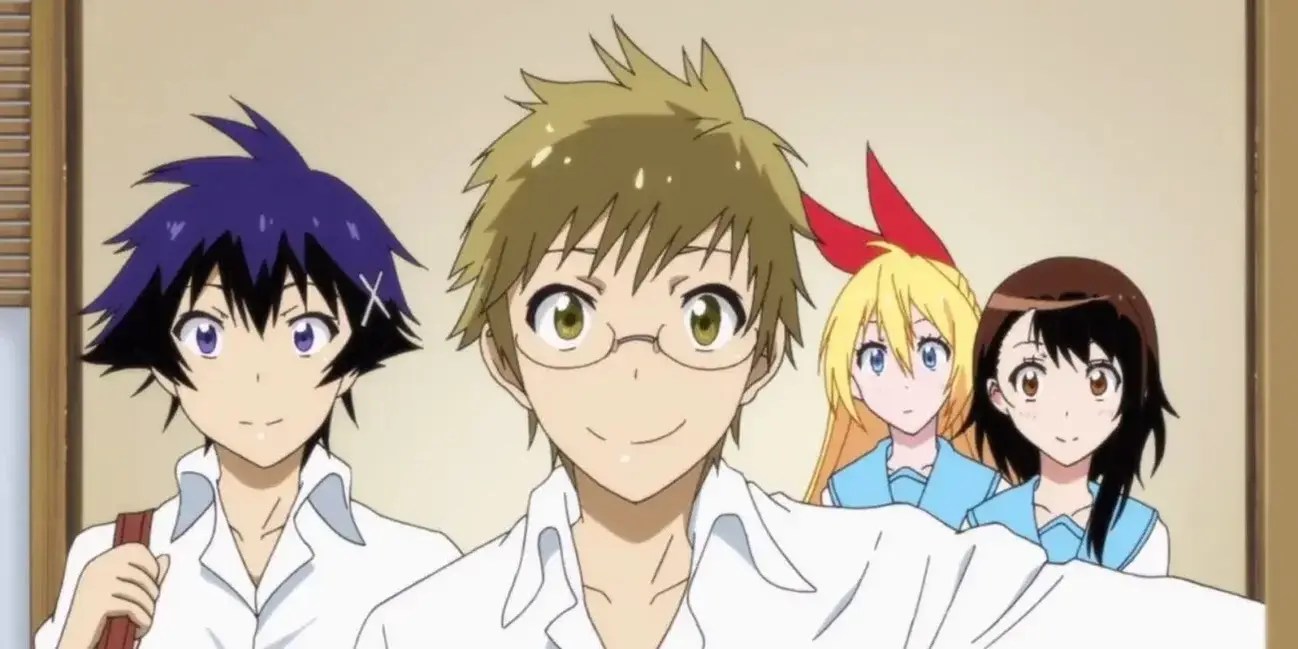
Directed by Akiyuki Shinbo, ‘Nisekoi’ is a 2014 anime series that delves into the life of Raku Ichijo, heir to a Yakuza clan, and Chitoge Kirisaki, daughter of a rival gang leader. Their families are at odds, but to keep the peace, Raku and Chitoge pretend to be a couple. However, Raku’s true affection lies with a childhood friend, to whom he made a significant promise, symbolized by a locket he always carries.
‘Nisekoi’ and ‘Masamune-kun No Revenge’ have plenty in common. ‘Nisekoi’ centers on a young boy and girl feigning a romantic relationship to uphold familial harmony. In a similar vein, ‘Masamune-kun No Revenge’ features Masamune Makabe adopting a false persona to seek retribution against a girl from his past.
2. Toradora (2008)
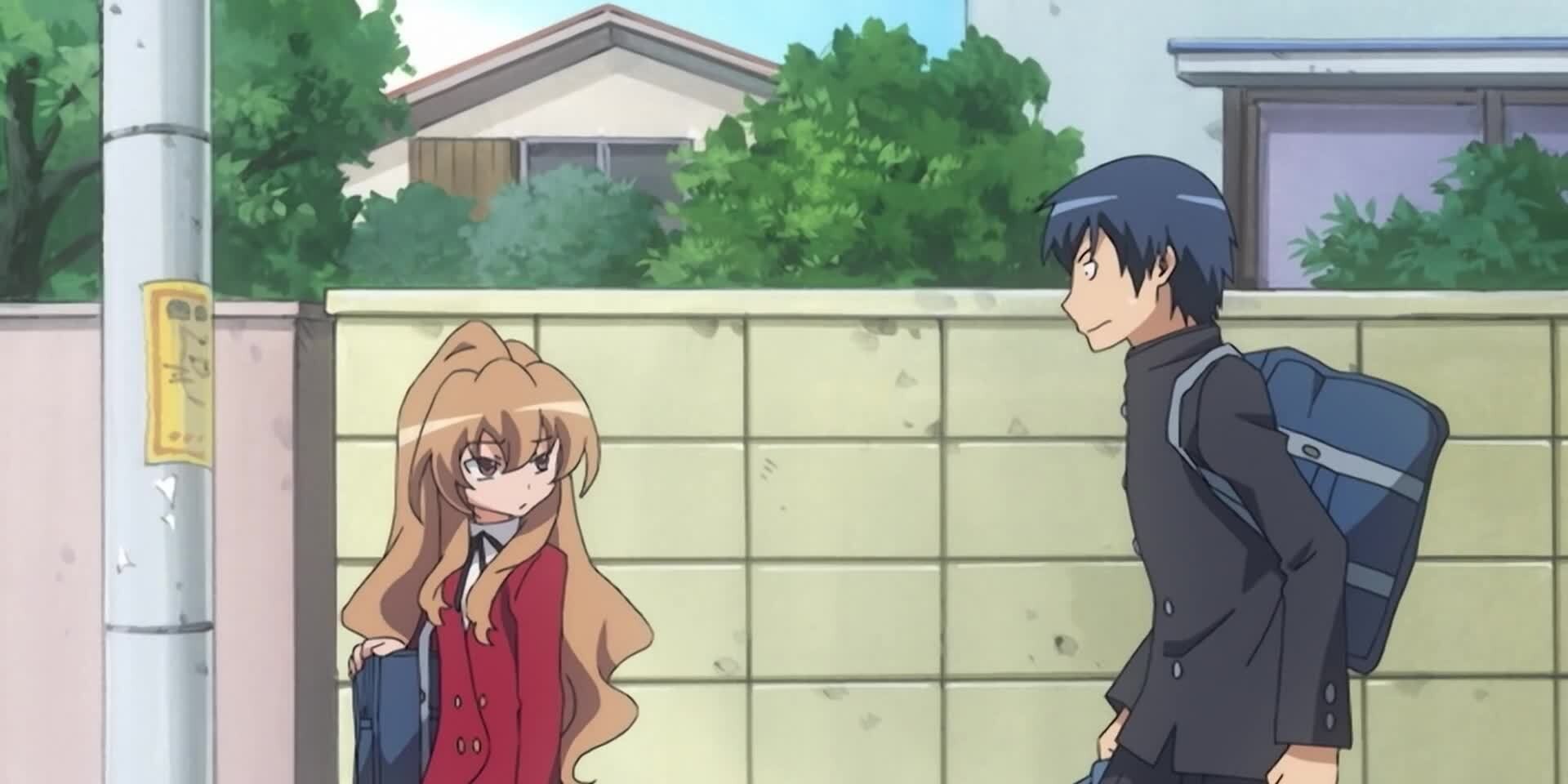
Tatsuyuki Nagai’s ‘Toradora’ stands as a highly acclaimed romantic comedy anime, skillfully blending humor, drama, and heartwarming moments. The narrative follows Ryuuji Takasu, a high school student with a stern appearance, and Taiga Aisaka, a petite yet fierce girl. Despite their contrasting personalities, they forge an unlikely alliance to assist each other in pursuing their respective crushes. However, as they spend more time together, their feelings undergo a transformation, setting off a complicated and heartwarming romantic journey.
In a parallel vein to ‘Masamune-kun No Revenge,’ ‘Toradora’ delves into the theme of unexpected romantic dynamics and character evolution. Both series navigate complex relationships that begin with different motivations. As the plots unfold, emotions change, unraveling the intricate layers of love and the trials of comprehending one’s feelings.
1. Special A (2008)
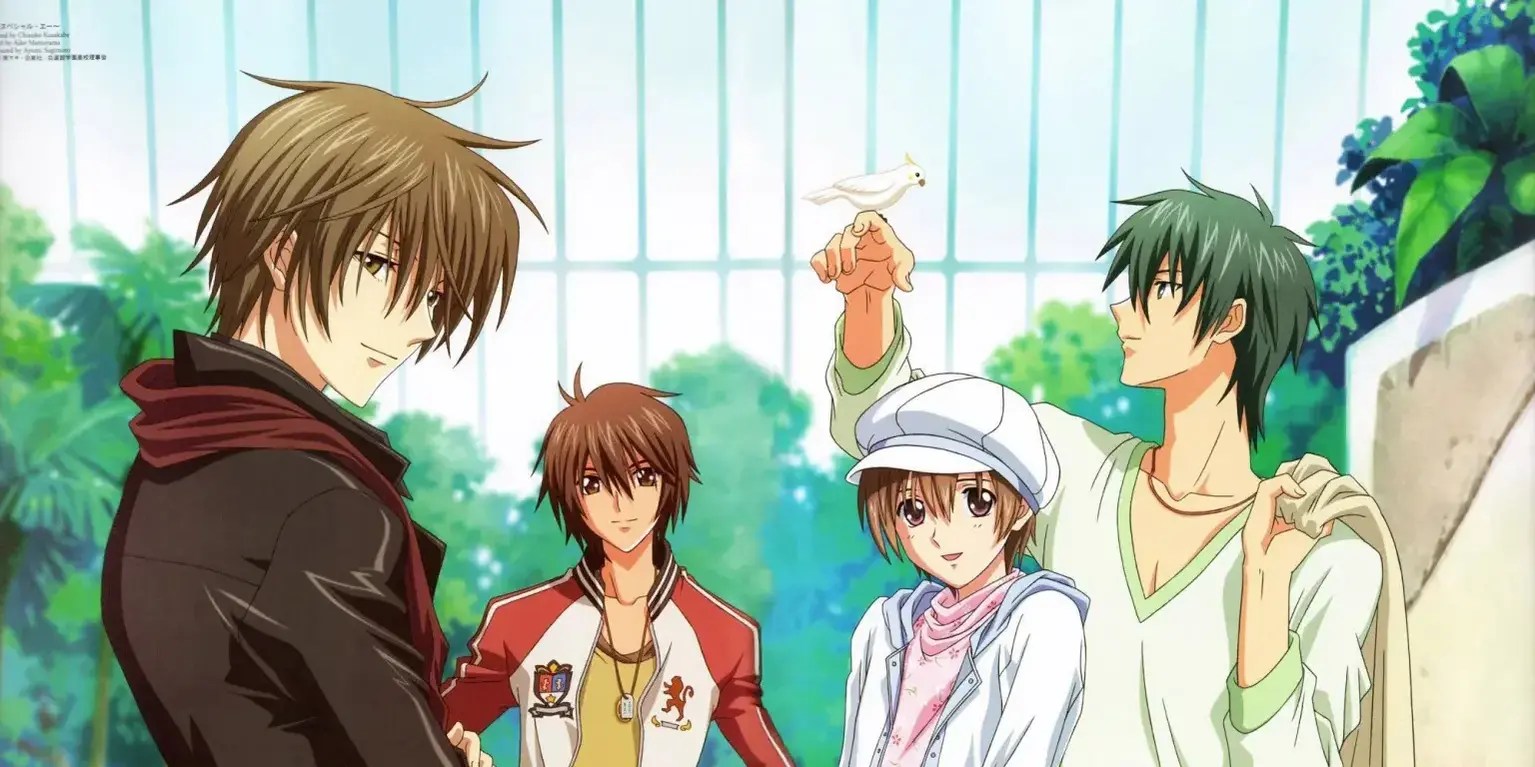
Directed by Yoshikazu Miyao, ‘Special A’ is a 2008 anime series that delves into the life of Hikari Hanazono, the second-ranked student at the prestigious Hakusen Academy. Hikari is on a perpetual quest to surpass Kei Takishima, her childhood friend and the top-ranked student. Their academic rivalry is at the core of the story, intertwined with a blossoming love, illustrating their profound connection and personal development.
Akin to ‘Masamune-kun No Revenge,’ ‘Special A’ delves into the nuances of a competitive relationship. Both series feature main characters with a competitive spirit and a complex shared history. While ‘Masamune-kun No Revenge’ emphasizes a romantic rivalry, ‘Special A’ accentuates academic competition. Both narratives explore the theme of growth and understanding within these competitive dynamics, showcasing how relationships develop over time.
Read More: 10 Best Romantic Anime on Netflix Right Now

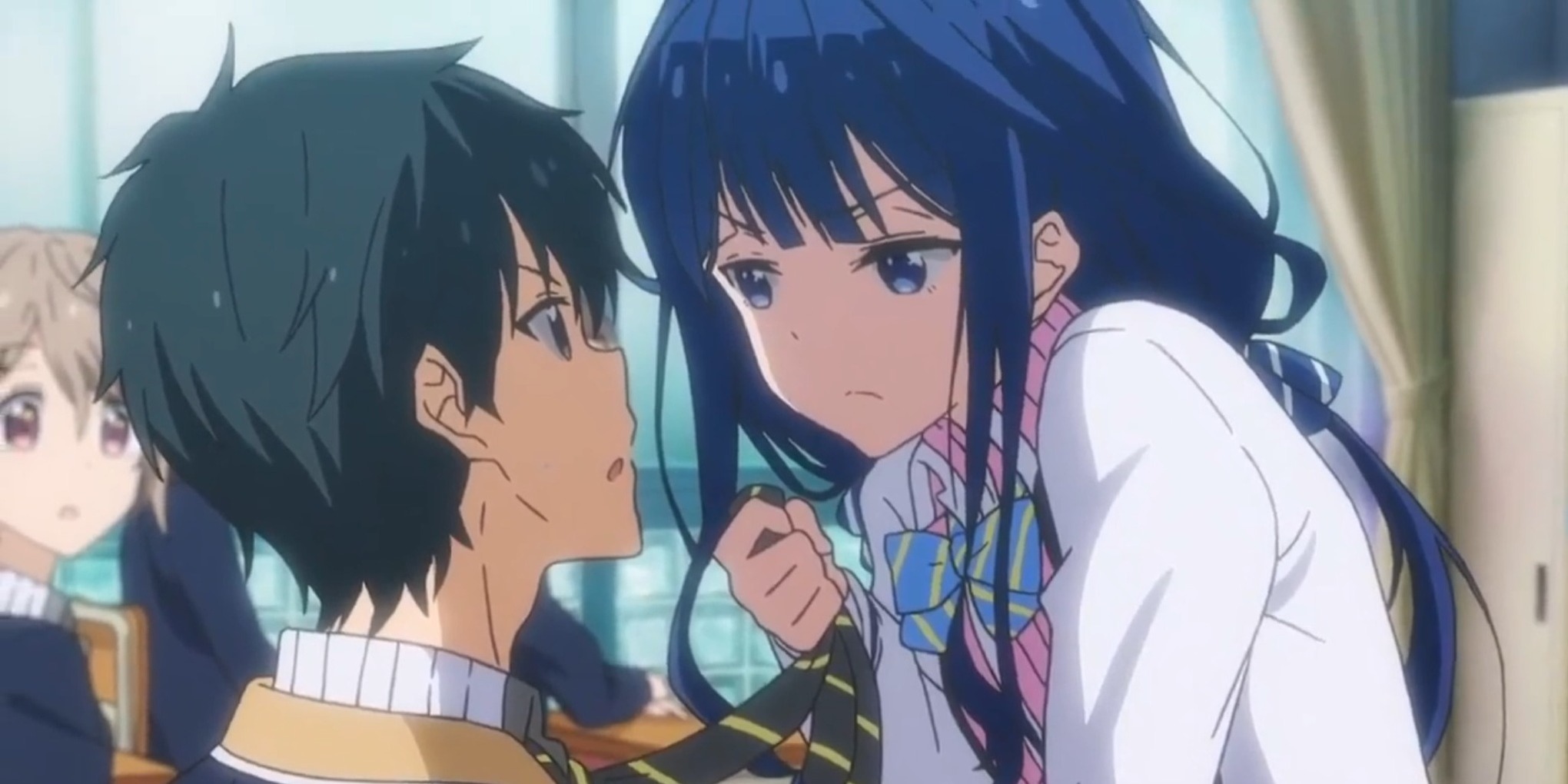
You must be logged in to post a comment.